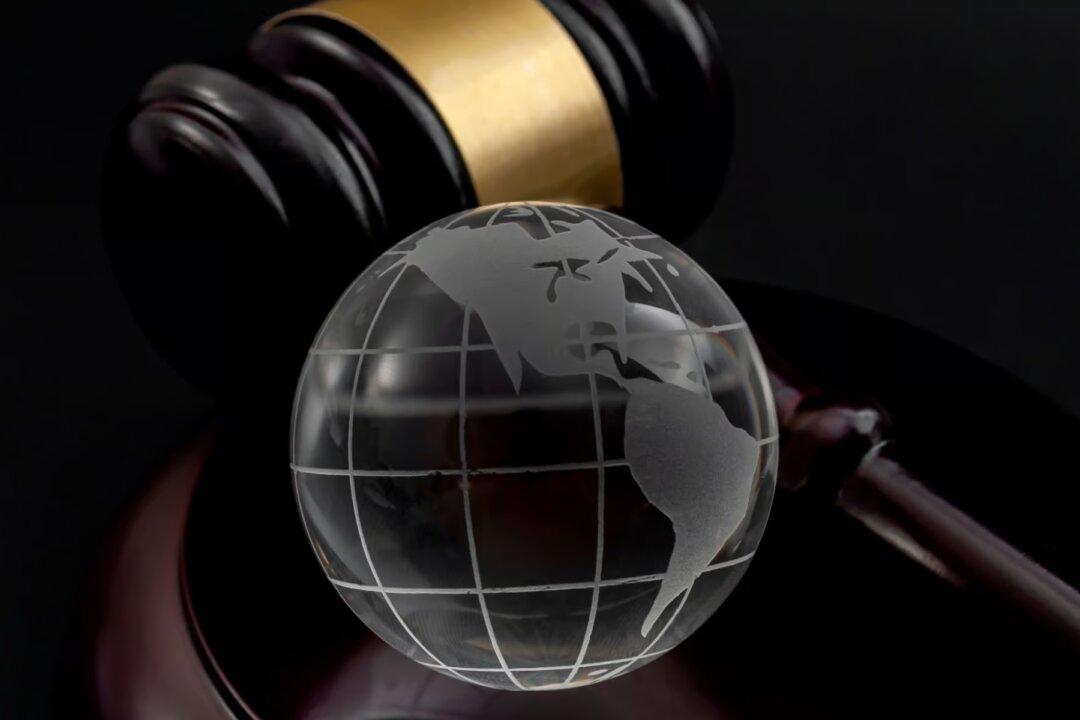Commentary
The COVID-19 pandemic gave the World Health Organisation and its partners unprecedented visibility and a tremendous amount of “soft” power to shape public health law and policies across the world. Over the past year or so, the WHO has been pushing hard to consolidate and expand its power to declare and manage public health emergencies on a global scale.





